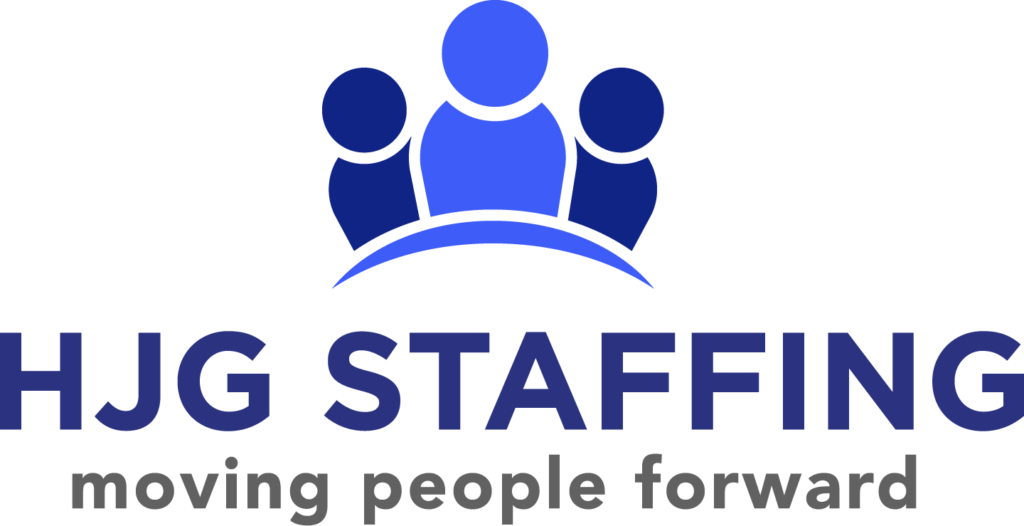The pandemic blindsided many. From changes in work and home life, to mental and physical health disruptions. These changes proved that humans are adaptable, durable and flexible when they need to be. On the flip side, it also revealed a softer, more fragile and impermanent side to the human condition. One thing that essentially everyone had in common was that life shifted in a major way. Individuals who once worked on location were now working from home. Children began schooling from home. Plans were canceled, and loved ones separated by distance relied on technology to communicate.

While the pandemic, in some ways, is subsiding with the rollout of the vaccine, it isn’t over. With conditions improving in many areas, semblances of “normal” life are resurfacing. But for some people, going back to normal isn’t preferable or even worth it. According to FAS.org, “[in] April 2020, the unemployment rate reached 14.8%—the highest rate observed since data collection began in 1948. In May 2021, unemployment remained higher (5.8%) than it had been in February 2020 (3.5%).”

Unemployment struck the nation, but for some, this wasn’t such a bad thing. “Not only was I getting paid more than my previous job, but it also gave me time to be with my family and focus on my mental health. These were things I didn’t have time for before the pandemic,” says Ashley, a retail worker. Ashley is one of many who experienced this. People found themselves in a unique situation that shifted their mindsets. Jared says, “I worked in a hot warehouse, lifting boxes all day with a 30-minute lunch break. Losing my job felt scary and terrible, but it ended up being positive when I had time to restore my health and realign my priorities.” According to CNBC, “Roughly 40% of workers stand to make more money while unemployed than from their former jobs, according to one analysis of expanded benefits.”

For some unemployed individuals, especially those who gained more income and better conditions from unemployment, the motivation to find work dwindled. Now, unemployment benefits have come to a halt in many places. And while companies assumed unemployed individuals would rush to apply for jobs, this hasn’t necessarily been the case. These are the same people who found positives out of unemployment, mentally, physically, monetarily and emotionally. It surfaces the question of how workers are treated and if the conditions and benefits with which they are provided are worthwhile. In fact, some companies have already raised their pay rates. According to Reuters, the average hourly earnings has gained 0.3%, and the length of the workweek has shortened.

It is a pivotal time for companies to assess their working conditions and benefits, and this isn’t such a bad thing. Employee retention is bound to be higher when people feel they are valued and treated with respect. Furthermore, checking in with your company and employees regularly should be a common practice anyways. Communicating with your employees and treating them with respect should always be a priority. Covid was simply a reminder of this: at the end of the day, we are all human trying our best to get by and take care of ourselves and one another in the process.
Below are some questions to assist in creating positive change in the workspace:
- Working Conditions: Is the environment suitable, comfortable and safe for your employees? Is it well ventilated during hot seasons and warm enough during colder weather?
- Treatment: Are you communicating regularly and respectfully? Are you listening to the needs and wants of your employees? Are you providing proper and adequate breaks? Are you showing your appreciation in different ways (i.e., snacks, celebrations, words of encouragement, etc.)? Is your manager(s) inclusive, encouraging and approachable?
- Pay and Benefits: Are you paying employees a proper wage for their efforts? Have you reassessed the provided benefits? Are you offering raises when appropriate?
- Flexibility: Do you allow room for appointments, family emergencies, important events? Are you understanding of last-minute issues? Do you have proper backup options enforced?
Advancement Opportunities: Are you providing beneficial chances for career/position growth?

While life is shifting back to some type of normalcy, the effects of Covid linger. We have been forced to embrace flexibility, discomfort, tragedy and change. Moving forward, we can take these lessons and make life even a little bit better for each other, one step at a time.



